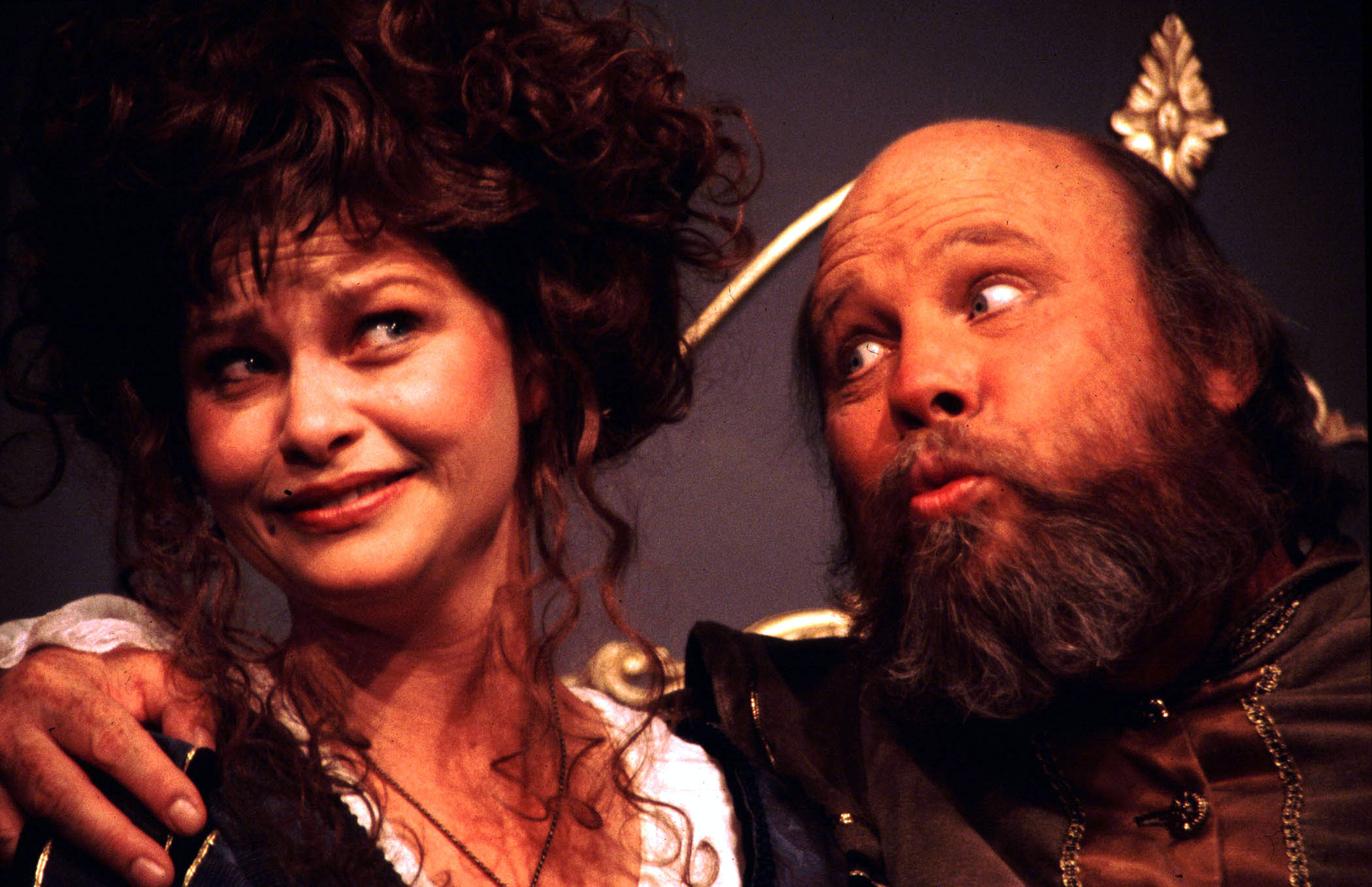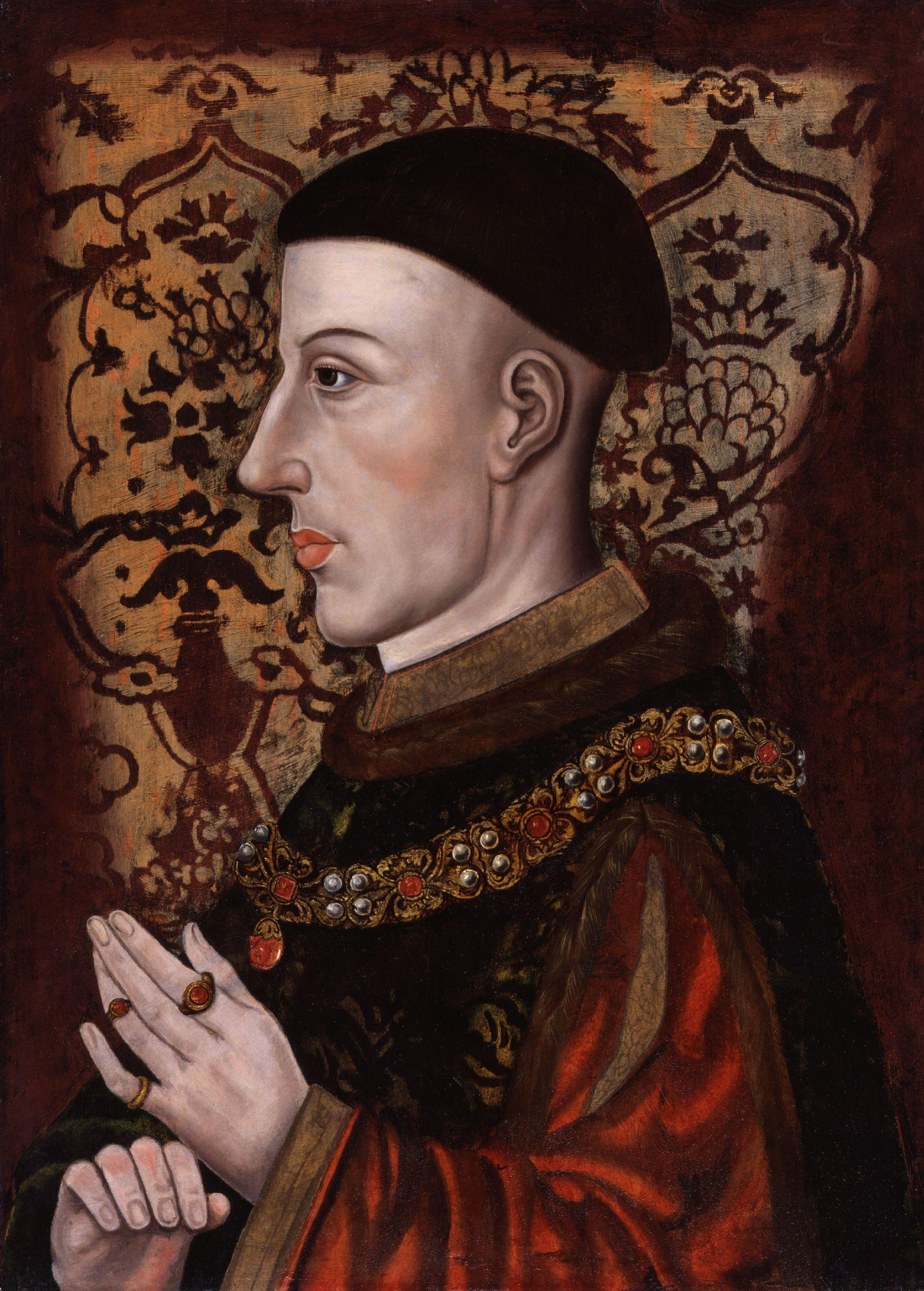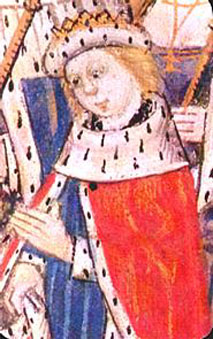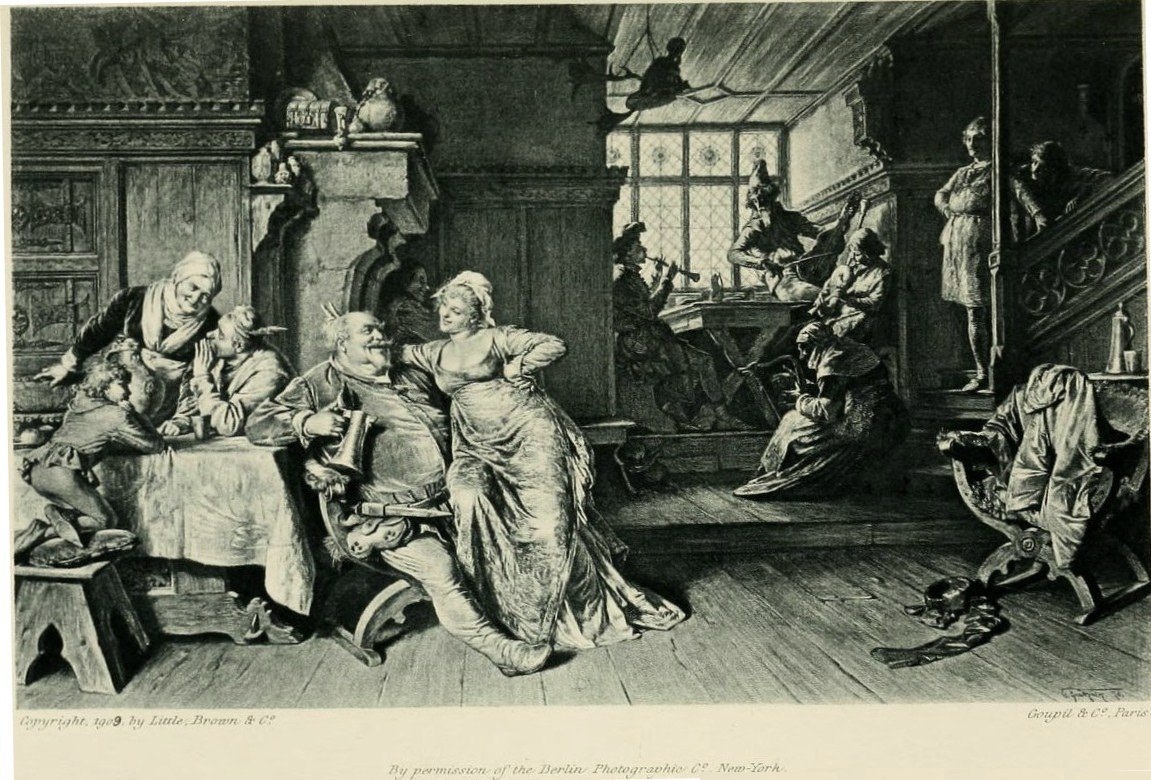|
Sir John Falstaff
Sir John Falstaff is a fictional character who appears in three plays by William Shakespeare and is eulogised in a fourth. His significance as a fully developed character is primarily formed in the plays ''Henry IV, Part 1'' and '' Part 2'', where he is a companion to Prince Hal, the future King Henry V of England. Falstaff is also featured as the buffoonish suitor of two married women in ''The Merry Wives of Windsor''. Though primarily a comic figure, he embodies a depth common to Shakespeare's major characters. A fat, vain, and boastful knight, he spends most of his time drinking at the Boar's Head Inn with petty criminals, living on stolen or borrowed money. Falstaff leads the apparently wayward Prince Hal into trouble, and is repudiated when Hal becomes king. Falstaff has appeared in other works, including operas by Giuseppe Verdi, Ralph Vaughan Williams, and Otto Nicolai, a "symphonic study" by Edward Elgar, and in Orson Welles's 1966 film ''Chimes at Midnight''. The op ... [...More Info...] [...Related Items...] OR: [Wikipedia] [Google] [Baidu] |
Henriad
In Shakespearean scholarship, the Henriad refers to a group of William Shakespeare's Shakespearean history, history plays depicting the rise of the English kings. It is sometimes used to refer to a group of four plays (a tetralogy), but some sources and scholars use the term to refer to eight plays. In the 19th century, Algernon Charles Swinburne used the term to refer to three plays, but that use is not current. In one sense, the Henriad refers to: ''Richard II (play), Richard II; Henry IV, Part 1; Henry IV, Part 2;'' and ''Henry V (play), Henry V''with the implication that these four plays are Shakespeare's Epic poetry, epic, and that Prince Hal, who later becomes Henry V, is the epic hero. (This group may also be referred to as the "second tetralogy" or "second Henriad".) In a more inclusive meaning, the Henriad refers to eight plays: the tetralogy mentioned above (''Richard II; Henry IV, Part 1; Henry IV, Part 2;'' and ''Henry V''), plus four plays that were written earlie ... [...More Info...] [...Related Items...] OR: [Wikipedia] [Google] [Baidu] |
Henry V (play)
''The Life of Henry the Fifth'', often shortened to ''Henry V'', is a Shakespearean history, history play by William Shakespeare, believed to have been written near 1599. It tells the story of Henry V of England, King Henry V of England, focusing on events immediately before and after the Battle of Agincourt (1415) during the Hundred Years' War. In the First Quarto text, it was titled ''The Cronicle History of Henry the fift'', and ''The Life of Henry the Fifth'' in the First Folio text. The play is the final part of Henriad, a tetralogy, preceded by ''Richard II (play), Richard II'', ''Henry IV, Part 1'', and ''Henry IV, Part 2''. The original audiences would thus have already been familiar with the title character, who was depicted in the ''Henry IV'' plays as a wild, undisciplined young man. In ''Henry V'', the young prince has matured. He embarks on an expedition to France and, his army greatly outnumbered, defeats the French at Agincourt. Characters * Chorus ;The English ... [...More Info...] [...Related Items...] OR: [Wikipedia] [Google] [Baidu] |
Falstaff Rebuked (Smirke, C
Sir John Falstaff is a fictional character who appears in three plays by William Shakespeare and is eulogised in a fourth. His significance as a fully developed character is primarily formed in the plays '' Henry IV, Part 1'' and '' Part 2'', where he is a companion to Prince Hal, the future King Henry V of England. Falstaff is also featured as the buffoonish suitor of two married women in '' The Merry Wives of Windsor''. Though primarily a comic figure, he embodies a depth common to Shakespeare's major characters. A fat, vain, and boastful knight, he spends most of his time drinking at the Boar's Head Inn with petty criminals, living on stolen or borrowed money. Falstaff leads the apparently wayward Prince Hal into trouble, and is repudiated when Hal becomes king. Falstaff has appeared in other works, including operas by Giuseppe Verdi, Ralph Vaughan Williams, and Otto Nicolai, a "symphonic study" by Edward Elgar, and in Orson Welles's 1966 film '' Chimes at Midnight''. ... [...More Info...] [...Related Items...] OR: [Wikipedia] [Google] [Baidu] |
Urine
Urine is a liquid by-product of metabolism in humans and many other animals. In placental mammals, urine flows from the Kidney (vertebrates), kidneys through the ureters to the urinary bladder and exits the urethra through the penile meatus (males) or urethral meatus of the vulva (females) during urination. In other vertebrates, urine is excreted through the cloaca. Urine contains water-soluble by-products of Cell (biology), cellular metabolism that are rich in nitrogen and must be clearance (medicine), cleared from the Circulatory system, bloodstream, such as urea, uric acid and creatinine. A urinalysis can detect nitrogenous wastes of the mammalian body. Urine plays an important role in the earth's nitrogen cycle. In balanced ecosystems, urine fertilizes the soil and thus helps plants to grow. Therefore, Reuse of excreta, urine can be used as a fertilizer. Some animals use it to territory (animal)#Scent marking, mark their territories. Historically, aged or fermented urine (kn ... [...More Info...] [...Related Items...] OR: [Wikipedia] [Google] [Baidu] |
Edward Grutzner Goupil Falstaff At The Boars Head Tavern
Edward is an English male name. It is derived from the Anglo-Saxon name ''Ēadweard'', composed of the elements '' ēad'' "wealth, fortunate; prosperous" and '' weard'' "guardian, protector”. History The name Edward was very popular in Anglo-Saxon England, but the rule of the Norman and Plantagenet dynasties had effectively ended its use amongst the upper classes. The popularity of the name was revived when Henry III named his firstborn son, the future Edward I, as part of his efforts to promote a cult around Edward the Confessor, for whom Henry had a deep admiration. Variant forms The name has been adopted in the Iberian peninsula since the 15th century, due to Edward, King of Portugal, whose mother was English. The Spanish/Portuguese forms of the name are Eduardo and Duarte. Other variant forms include French Édouard, Italian Edoardo and Odoardo, German, Dutch, Czech and Romanian Eduard and Scandinavian Edvard. Short forms include Ed, Eddy, Eddie, Ted, Teddy an ... [...More Info...] [...Related Items...] OR: [Wikipedia] [Google] [Baidu] |
Henry Percy (Hotspur)
Sir Henry Percy (20 May 1364 – 21 July 1403), nicknamed Hotspur or Harry Hotspur, was an English knight who fought in several campaigns against the Scots in the northern border and against the French during the Hundred Years' War. The nickname "Hotspur" was given to him by the Scots as a tribute to his speed in advance and readiness to attack. The heir to a leading noble family in northern England, Hotspur was one of the earliest and prime movers behind the deposition of King Richard II in favour of Henry Bolingbroke in 1399. He later fell out with the new regime and rebelled, and was slain at the Battle of Shrewsbury in 1403 at the height of his fame. Career Henry Percy was born 20 May 1364 at either Alnwick Castle or Warkworth Castle in Northumberland, the eldest son of Henry Percy, 1st Earl of Northumberland, and Margaret Neville, daughter of Ralph de Neville, 2nd Lord Neville of Raby, and Alice de Audley.; . He was knighted by King Edward III in April ... [...More Info...] [...Related Items...] OR: [Wikipedia] [Google] [Baidu] |
Charisma
() is a personal quality of magnetic charm, persuasion, or appeal. In the fields of sociology and political science, psychology, and management, the term ''charismatic'' describes a type of leadership. In Christian theology, the term ''charisma'' appears as the ''Spiritual gift'' (''charism'') which is an endowment with an extraordinary power given by the Holy Spirit."Spiritual gifts". ''A Dictionary of the Bible'' by W. R. F. Browning. Oxford University Press Inc. ''Oxford Reference Online''. Oxford University Press. Accessed 22 June 2011. Etymology The English word ''charisma'' derives from the Ancient Greek word (), which denotes a "favor freely given" and the "gift of grace". The singular term and the plural term () both derive from the word (), meaning ''grace'' and ''charm''. In religious praxis, the Ancient Greeks ascribed ''personality charisma'' to their pantheon of gods and goddesses, e.g. attributing charm, beauty, nature, creativity, and fertility to the indiv ... [...More Info...] [...Related Items...] OR: [Wikipedia] [Google] [Baidu] |
Prince Of Wales
Prince of Wales (, ; ) is a title traditionally given to the male heir apparent to the History of the English monarchy, English, and later, the British throne. The title originated with the Welsh rulers of Kingdom of Gwynedd, Gwynedd who, from the late 12th century, used it (albeit inconsistently) to assert their supremacy over the other Welsh rulers. However, to mark the finalisation of his conquest of Wales, in 1301, Edward I of England invested his son Edward of Caernarfon with the title, thereby beginning the tradition of giving the title to the heir apparent when he was the monarch's son or grandson. The title was later claimed by the leader of a Welsh Revolt, Welsh rebellion, Owain Glyndŵr, from 1400 until 1415. King Charles III created his son William, Prince of Wales, William Prince of Wales on 9 September 2022, the day after his accession to the throne, with formal letters patent issued on 13 February 2023. The title has become a point of controversy in Wales. Welsh ... [...More Info...] [...Related Items...] OR: [Wikipedia] [Google] [Baidu] |
Falstaff Plays The King
Sir John Falstaff is a fictional character who appears in three plays by William Shakespeare and is eulogised in a fourth. His significance as a fully developed character is primarily formed in the plays ''Henry IV, Part 1'' and '' Part 2'', where he is a companion to Prince Hal, the future King Henry V of England. Falstaff is also featured as the buffoonish suitor of two married women in ''The Merry Wives of Windsor''. Though primarily a comic figure, he embodies a depth common to Shakespeare's major characters. A fat, vain, and boastful knight, he spends most of his time drinking at the Boar's Head Inn with petty criminals, living on stolen or borrowed money. Falstaff leads the apparently wayward Prince Hal into trouble, and is repudiated when Hal becomes king. Falstaff has appeared in other works, including operas by Giuseppe Verdi, Ralph Vaughan Williams, and Otto Nicolai, a "symphonic study" by Edward Elgar, and in Orson Welles's 1966 film ''Chimes at Midnight''. The o ... [...More Info...] [...Related Items...] OR: [Wikipedia] [Google] [Baidu] |
Poins
Edward "Ned" Poins, generally referred to as "Poins" , is a fictional character who appears in two plays by William Shakespeare, ''Henry IV, Part 1'' and ''Henry IV, Part 2''. He is also mentioned in ''The Merry Wives of Windsor''. Poins is Prince Hal's closest friend during his wild youth. He devises various schemes to ridicule Falstaff, his rival for Hal's affections. Unlike Hal's other principal low-life associates, who all either reappear or are mentioned in ''Henry V (play), Henry V'', Poins disappears from the narrative with no explanation. In the plays Poins appears early in ''Henry IV, Part I'' to inform Falstaff that at Gads Hill there will be unprotected "pilgrims going to Canterbury with rich offerings, and traders riding to London with fat purses". He suggests that they organise a robbery. When Falstaff and the others agree, Poins says to Hal that the pair of them should play trick on Falstaff by letting them rob the travellers, but then in disguise robbing the robbe ... [...More Info...] [...Related Items...] OR: [Wikipedia] [Google] [Baidu] |
Leonard Digges (writer)
Leonard Digges (; 1588 – 7 April 1635) was a Hispanist and minor poet, a younger son of the astronomer Thomas Digges (1545–95) and younger brother of Sir Dudley Digges (1583–1639). After his father's death in 1595, his mother married Thomas Russell of Alderminster, now in Warwickshire, who was named by William Shakespeare as one of the two overseers of his will. There are varying opinions about the extent to which the young Leonard Digges might have been influenced in his choice of profession by his stepfather's association with Shakespeare; disagreements about whether he was or was not personally acquainted with the playwright have in recent years eclipsed discussion of the work of Digges himself. Life Leonard Digges matriculated at University College, Oxford in 1603, the year of his mother's remarriage, and graduated BA in 1606. This was followed by a period of study abroad. He may have traveled to Spain with fellow Hispanist James Mabbe, whom he knew from Oxford, for h ... [...More Info...] [...Related Items...] OR: [Wikipedia] [Google] [Baidu] |
Henry V (1989 Film)
''Henry V'' is a 1989 British historical drama film written and directed by Kenneth Branagh in his feature directorial debut, based on William Shakespeare's history play of the same name. It stars Branagh in the title role of King Henry V of England, with Paul Scofield, Derek Jacobi, Ian Holm, Brian Blessed, Emma Thompson, Alec McCowen, Judi Dench, Robbie Coltrane, and Christian Bale in supporting roles. ''Henry V'' received widespread critical acclaim and is considered one of the best Shakespeare screen adaptations ever produced. Among its numerous accolades, the film received three nominations at the 62nd Academy Awards, two of which went to Branagh ( Best Director and Best Actor). ''Henry V'' won with its other nomination, Best Costume Design for Phyllis Dalton. Plot The film begins with Chorus, in this case a person in modern dress, introducing the subject of the play. He is walking through an empty film studio and ends his monologue by opening the doors to begin the ... [...More Info...] [...Related Items...] OR: [Wikipedia] [Google] [Baidu] |






